 |
 |
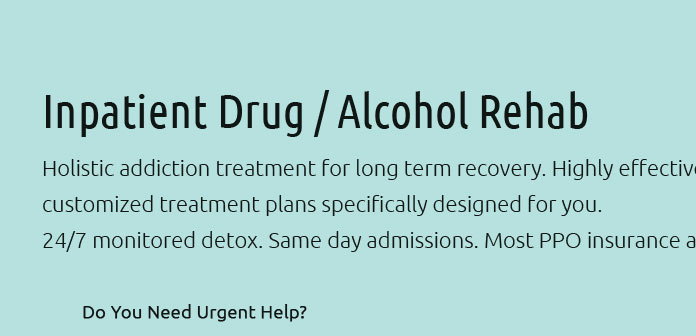 |
 |
 |
 |
||
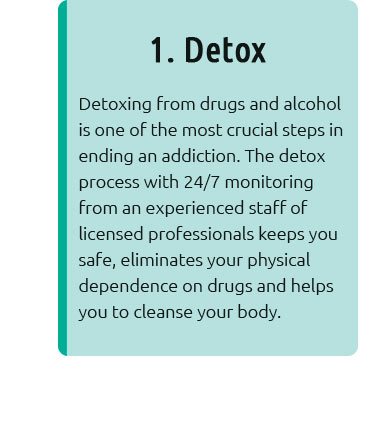 |
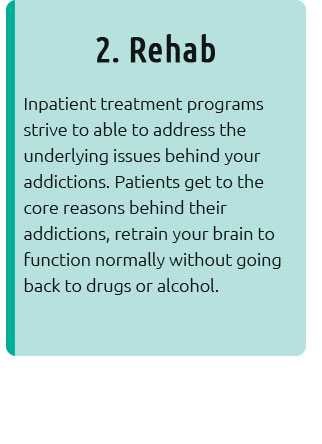 |
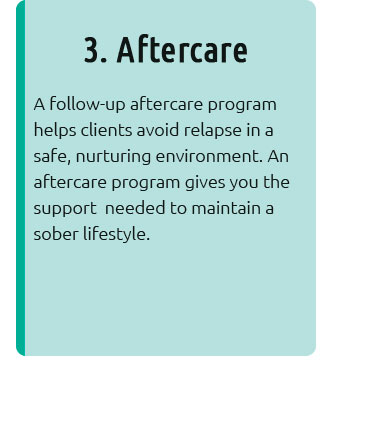 |
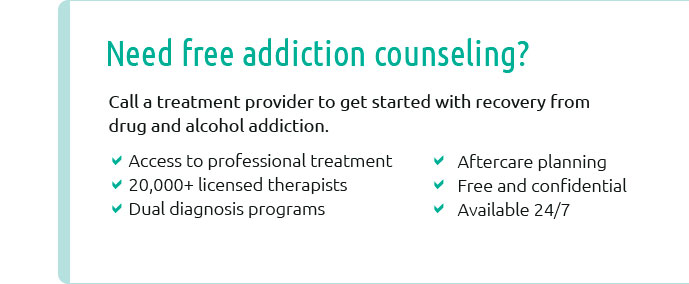 |
 |
 |
 |
||
 |
||
 |
||
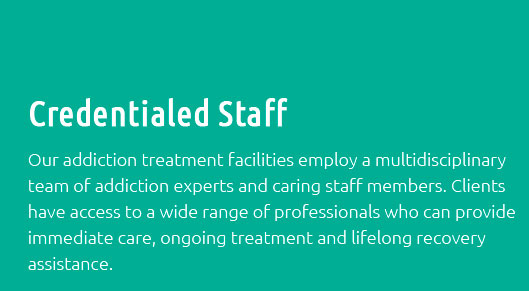 |
 |
 |
|
 |
|
|
Discover a transformative journey to recovery at leading inpatient addiction treatment centers near you, where personalized care meets unwavering support in a safe, compassionate environment; break free from the chains of substance abuse with innovative therapies, expert guidance, and a dedicated community ready to uplift you every step of the way-because your path to a healthier, addiction-free life begins here, and you deserve nothing less than exceptional care.
https://www.psychologytoday.com/us/treatment-rehab/co/aurora?category=residential-inpatient
Avenues Recovery Center at Denver is a 120-bed detox and residential facility which offers inpatient drug and alcohol rehabilitation services. https://drugrehabus.org/rehabs/treatment/medicaid/united-states/colorado/aurora/
List of Alcohol & Drug Rehab Facilities That Take Medicaid Insurance in Aurora, Colorado, United States. Use Our "Near Me" Feature. https://www.aliyahealthgroup.com/treatment-locations/addiction-treatment-center-in-aurora-co/
Footprints to Recovery addiction treatment centers offers detox and residential inpatient services to clients seeking help for substance abuse and mental ...
|